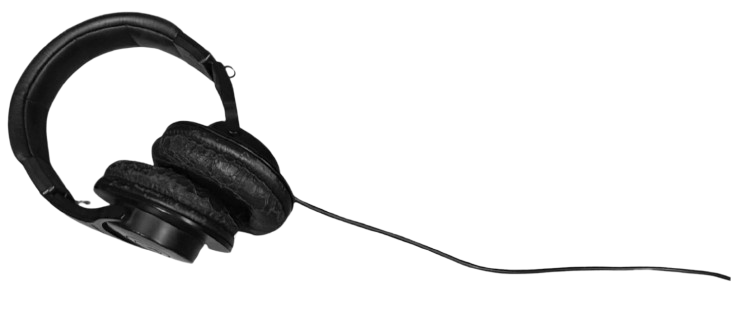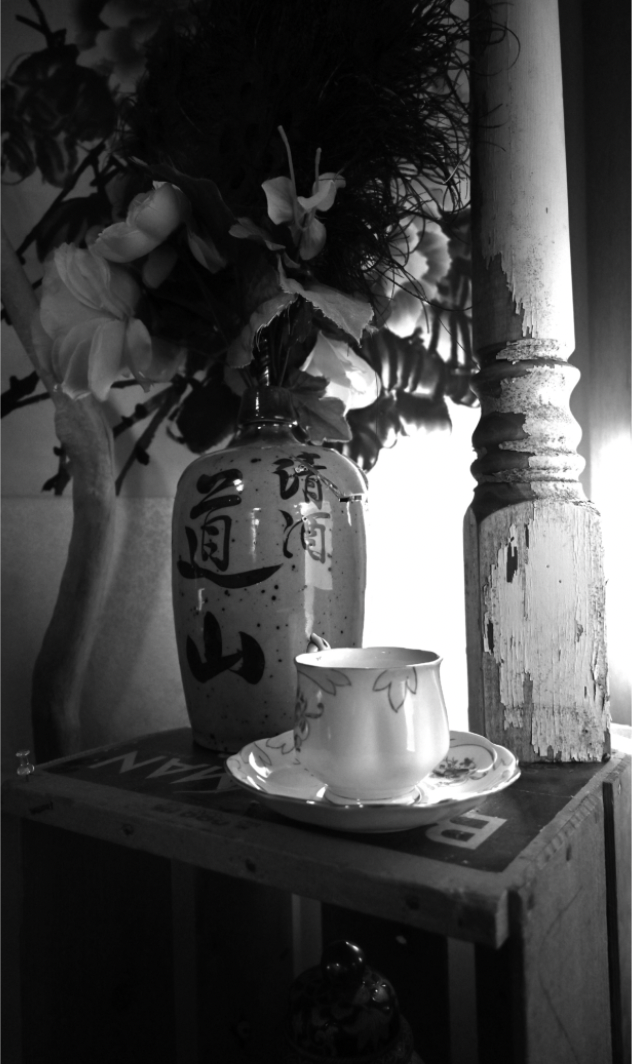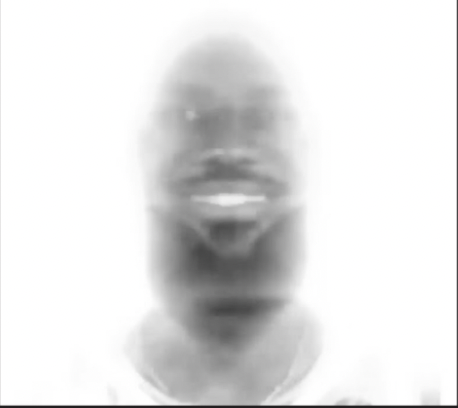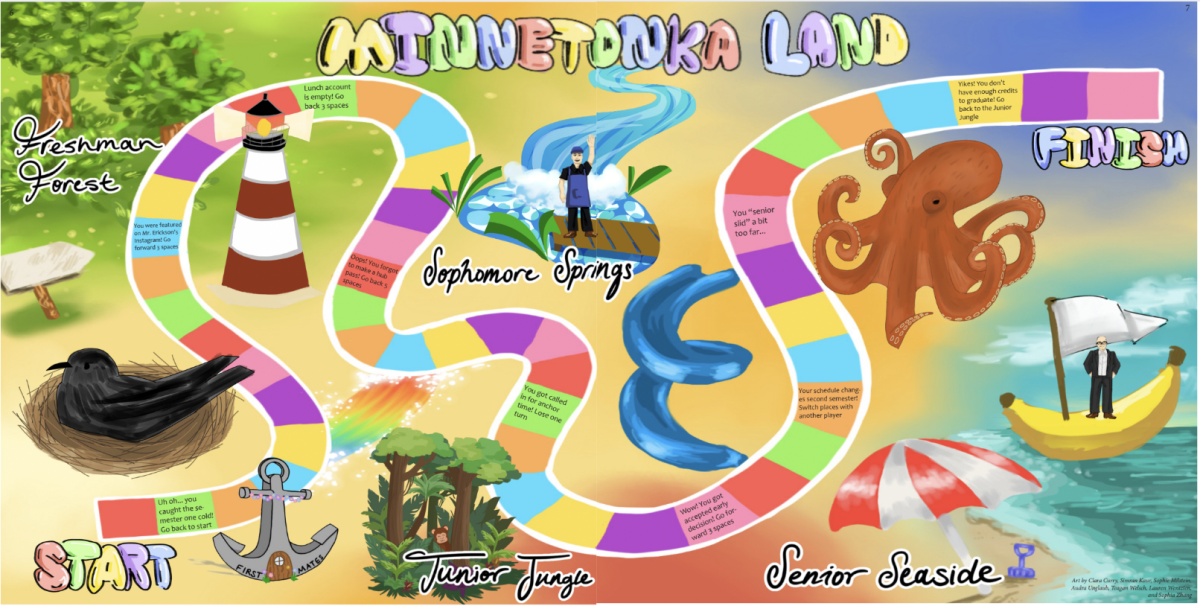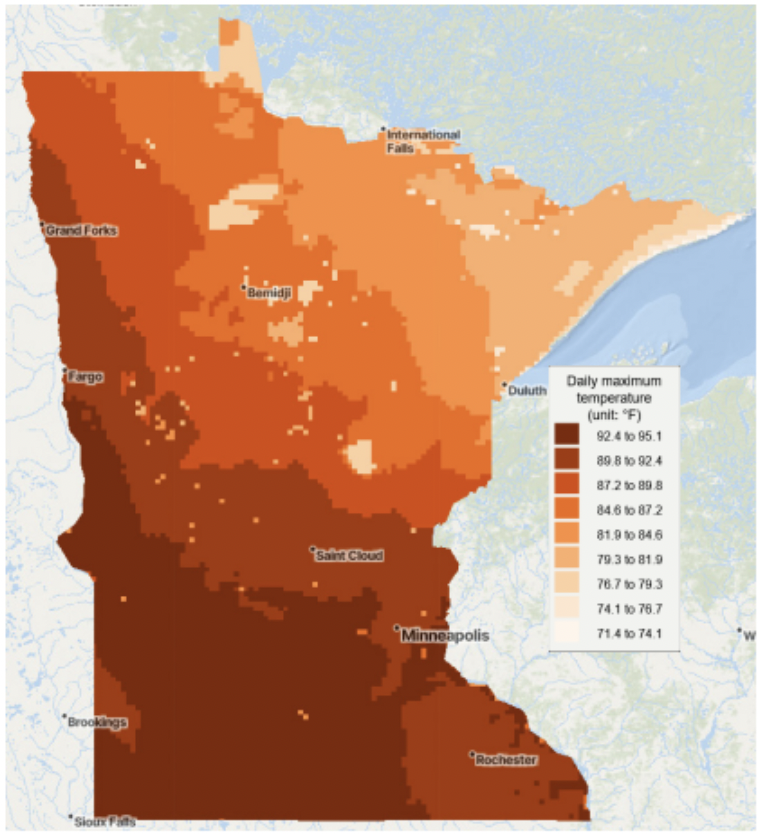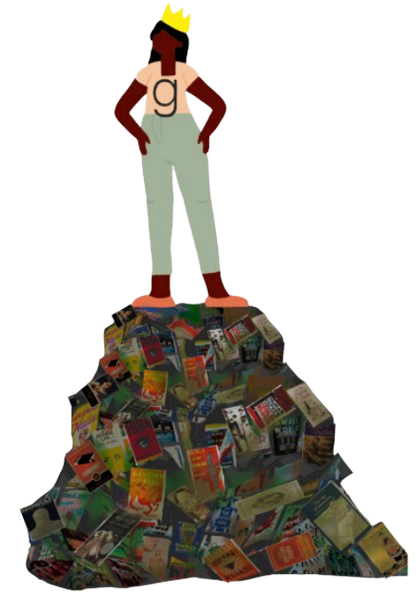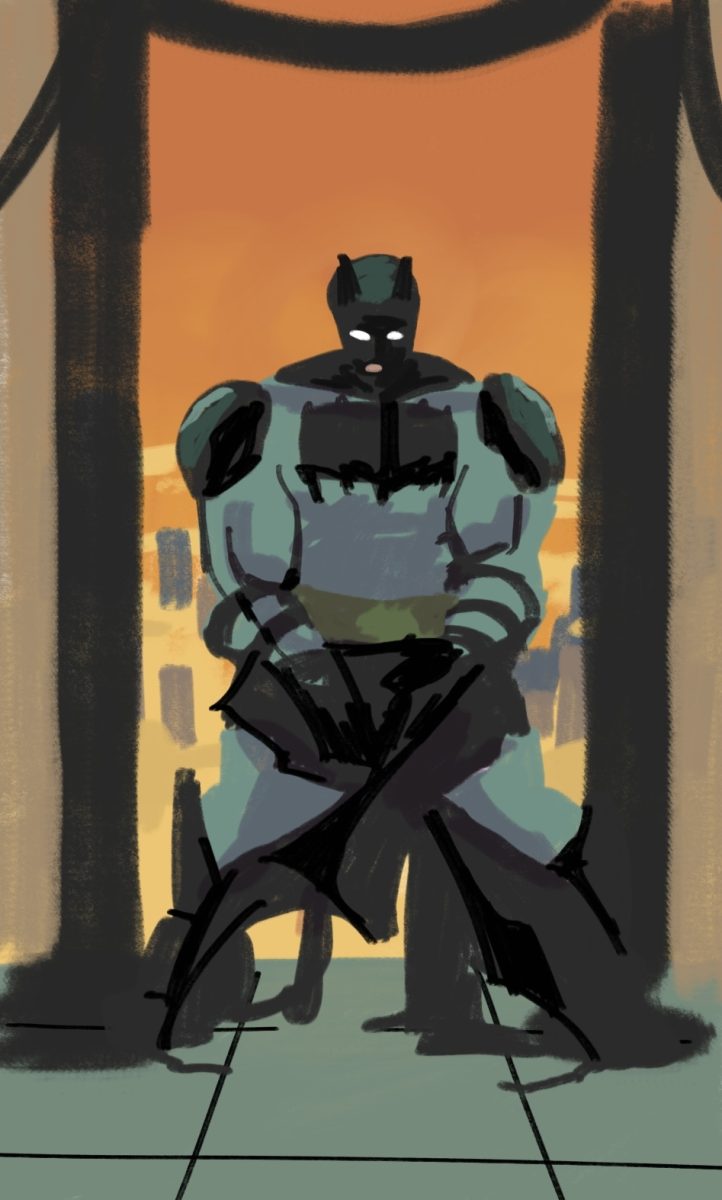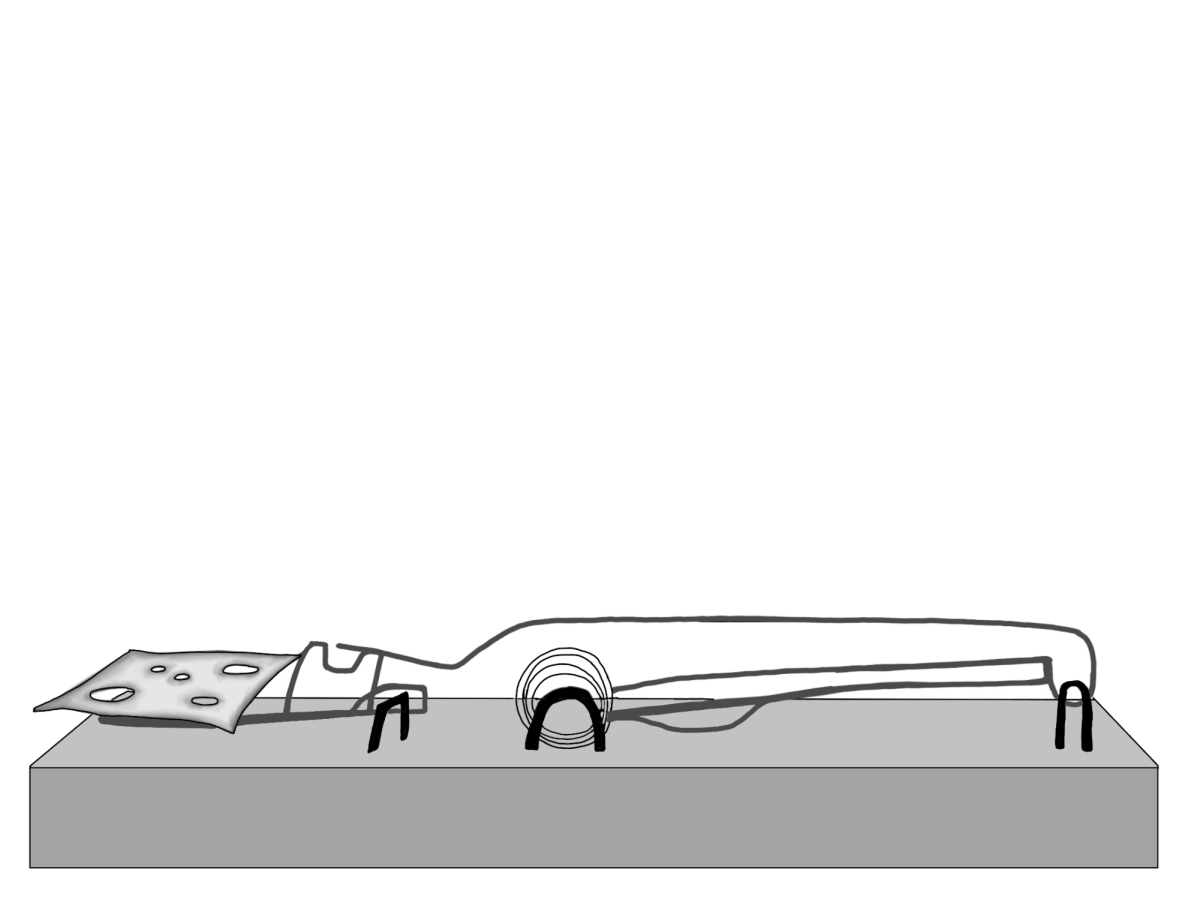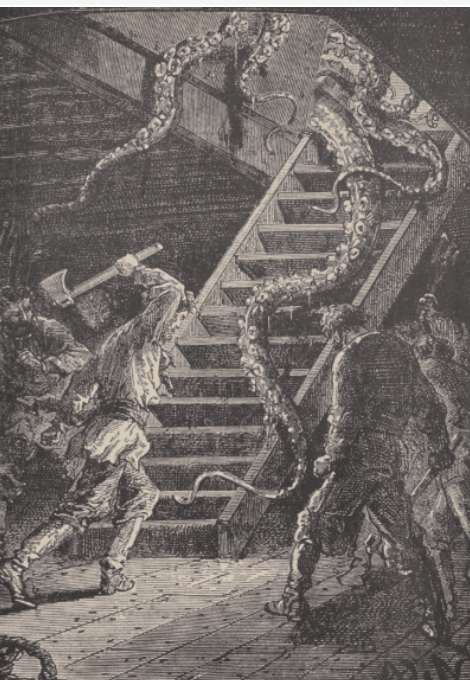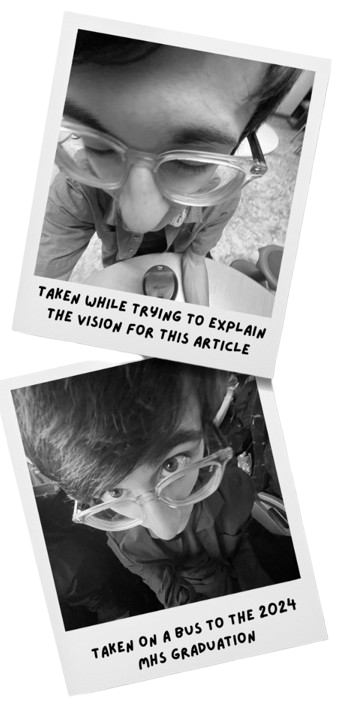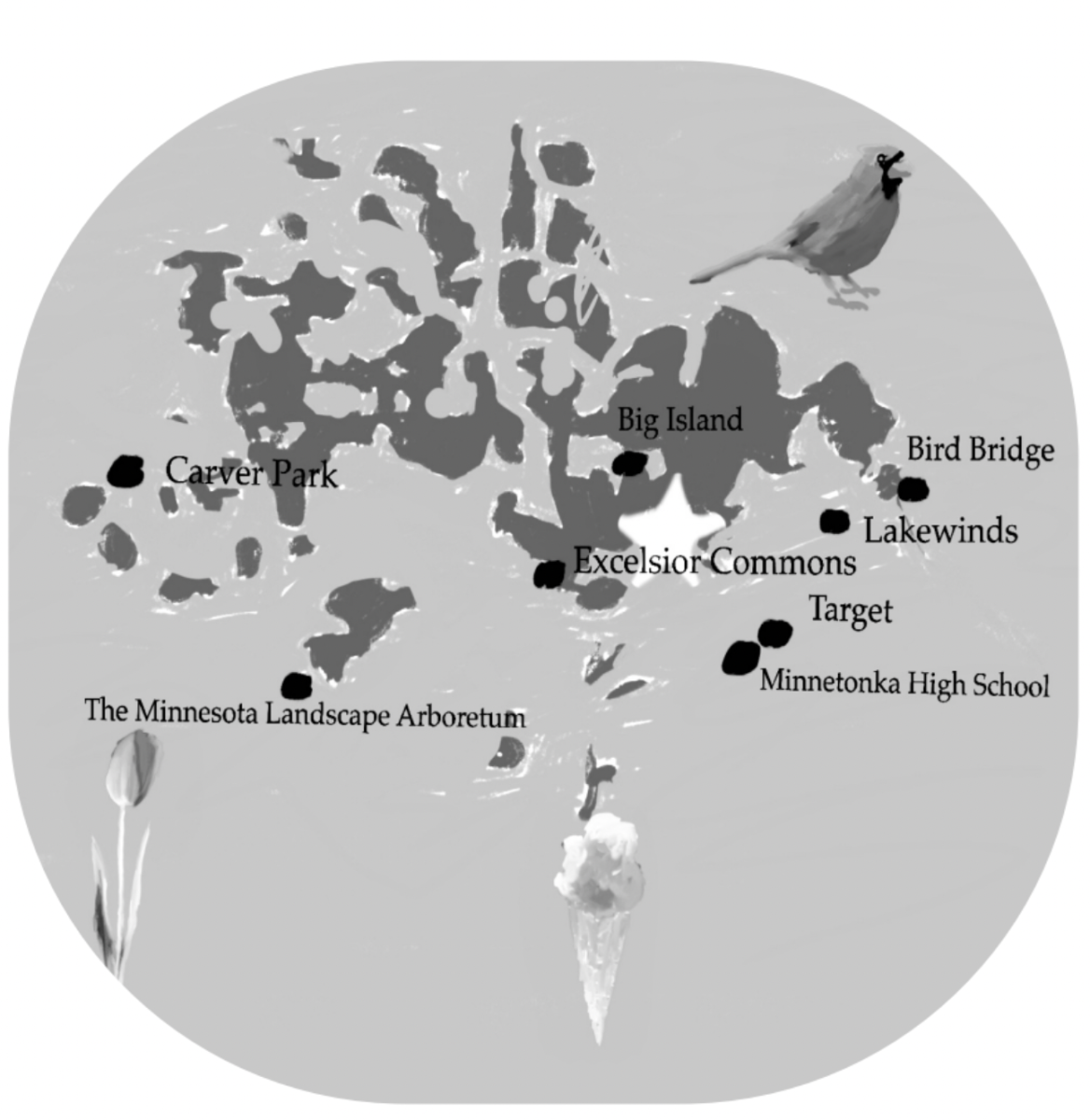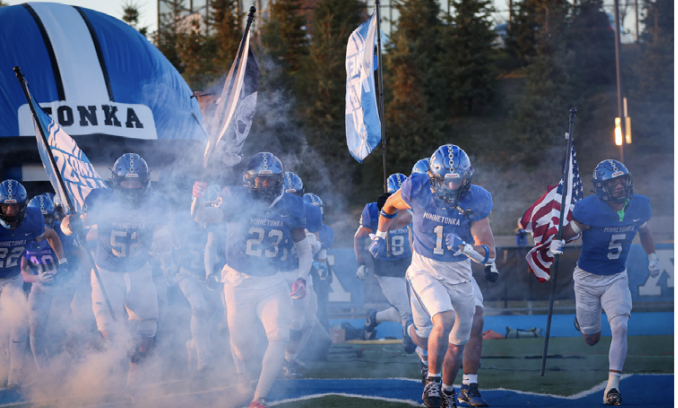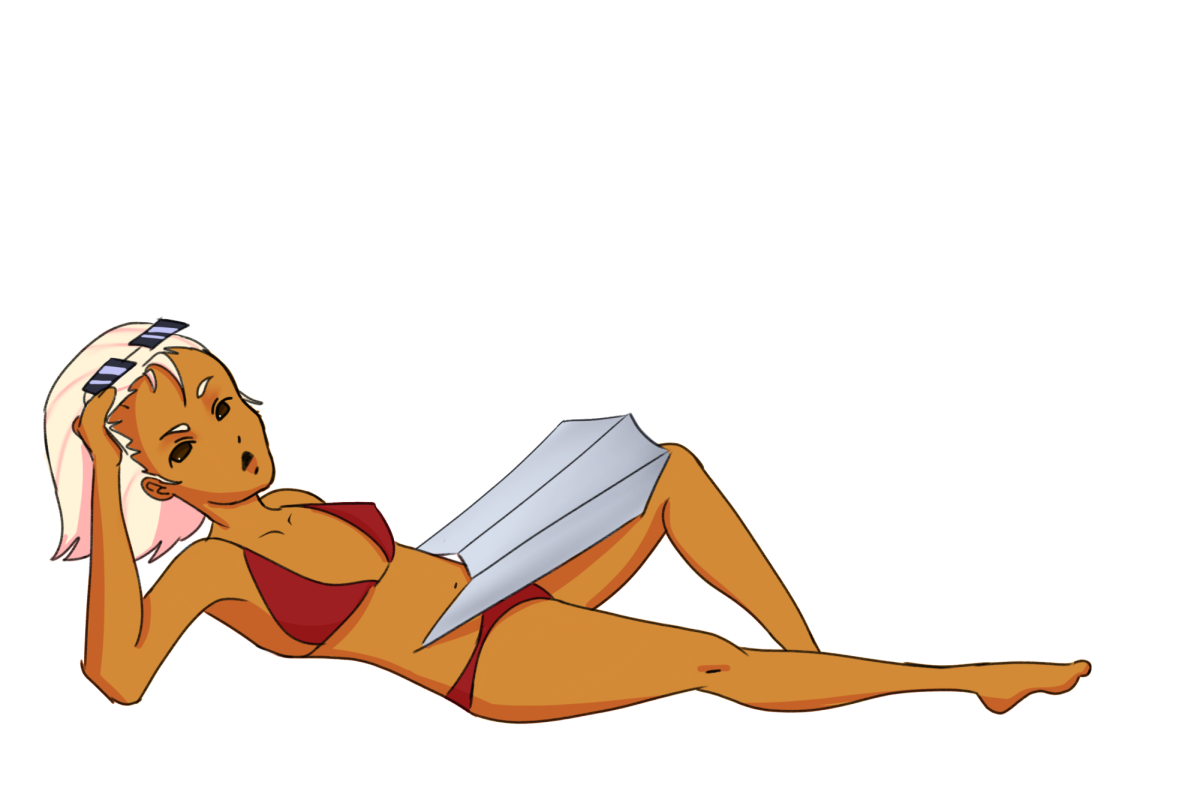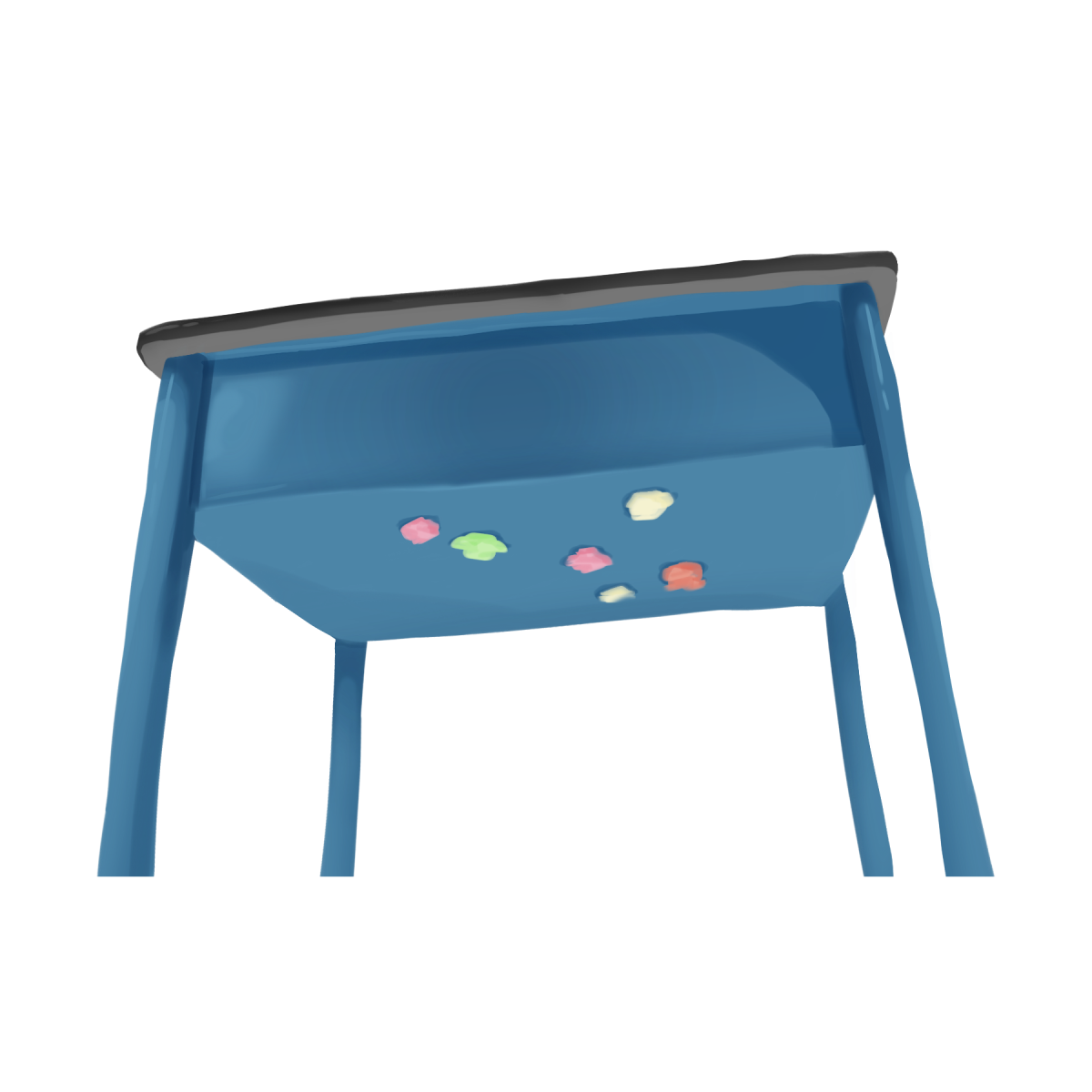With election season upon us, it’s time to start making decisions and choosing a party to support. A troubling fact you ought to know, however, is that your support for said party may matter little at the end of the day thanks to the Electoral College.
For those of you who don’t know, the Electoral College is a system that was thought up by our forefathers as part of the Constitution. It was a compromise that resulted because some politicians thought that using the popular vote to select the president was too risky, while others believed giving Congress the right to choose the president was dangerous. In the Electoral College, constituents cast their votes for the candidate they want, and those votes are sent to electors, who then make the final decision as to which candidate is elected. Each state has a number of electors equal to the number of U.S. senators and U.S. representatives it has. These electors are chosen at state party conventions by the party members; thus, if a state polls in favor of a certain candidate, the electors of that candidate’s party will proceed to cast their ballots (hopefully) for that individual. The Electoral College currently has 538 electors, with each state having a varying number of electors. Most electors vote for the popular candidate in their state. However, there have been times where the electors have voted contrary to the people’s decision, and as there is no federal law to prevent it, the people’s voices are thrown aside.
Also controversial is the fact that some states have more electors than others. California has 55 electors, while Wyoming only has 3. Minnesota has 10 compared to New York’s 29. Is this reasonable? Should the idea of an electoral college simply be ditched and the president should be chosen based on popular vote? In the election of 1888, Benjamin Harrison lost the popular vote by 95,713 votes to Grover Cleveland, but won the electoral vote by 65. The South supported Cleveland, allowing him to win by more than 425,000 votes in that region. The Electoral College thus led to a President not truly chosen by the people. This weighted voting system is designed to give more power to states with more people, but allows for smaller states to swing an election. In order to win, a president must gain popular support of a certain state in order to win the electoral votes in that state. This can lead to excessive attention given to certain states. Is the Electoral College a fair system? Does it help elect the right president, or does it limit the people’s votes?


